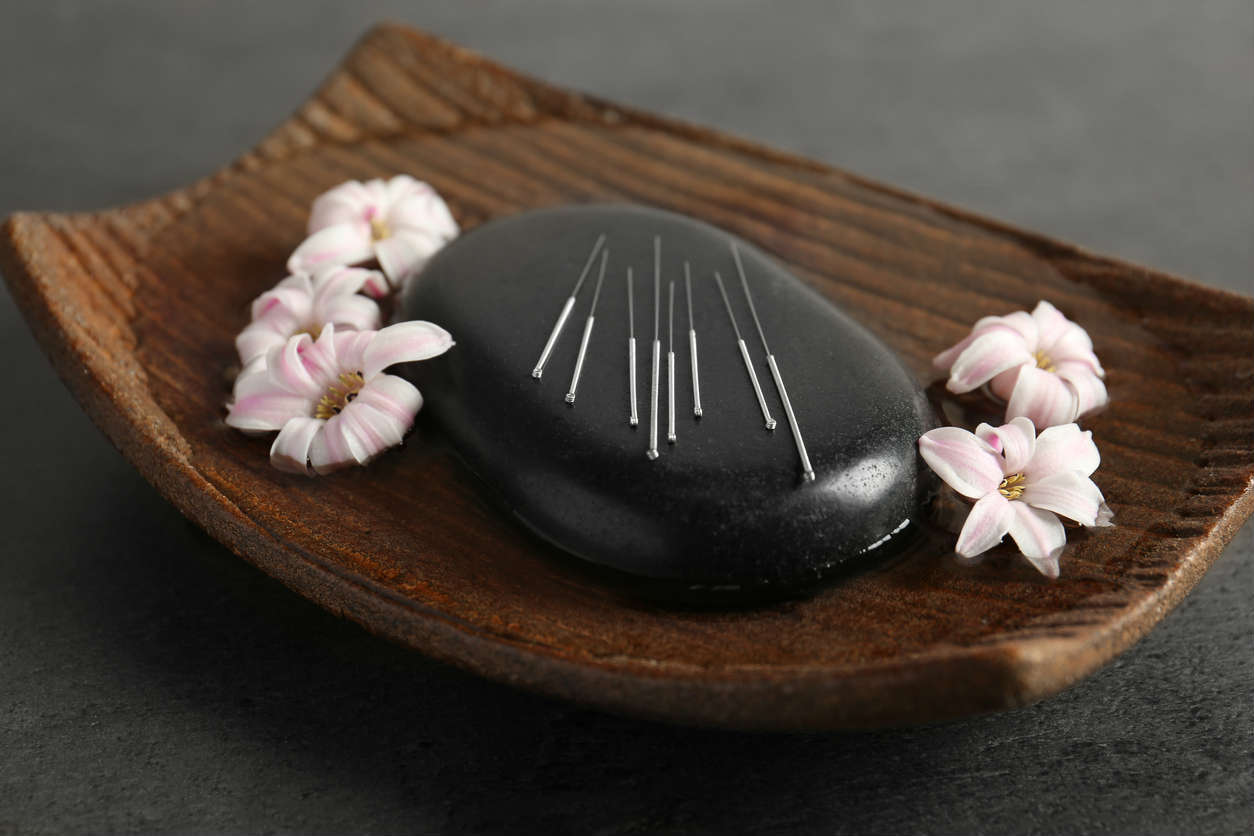Workers’ compensation is a government-sanctioned system, and as a result, has strict rules.
When you are injured in a work-related accident, you need to do everything you can to get better. Sometimes, this leads to people exploring alternative forms of medicine. Doing so is not a straightforward process though, as some treatment options are covered, and others are not.

Types of Alternative Medicine
Though there are hundreds of forms of alternative medicine, the following are the ones that are most commonly used.
Acupuncture – This practice involves inserting pins into the outermost layer of your skin. Some patients report that it helps with pain management and a variety of mental issues like stress and depression.
Homeopathy – The most controversial practice on this list is homeopathy, which is generally considered an outdated and dangerous form of medicine. It uses a “like treats like” philosophy, which is best explained as using diluted poison ivy to treat a rash. As you might imagine, this practice has a poor reputation in the medical field.
Massage – Though it is considered alternative medicine, massage has been proven to benefit those with injuries. For this reason, it is often used in physical therapy and injury management.
Why People Choose Them
After sustaining a severe injury, people are often open to any treatment that could help them. Additionally, they are frequently disillusioned with the care they get from their doctor. The result is looking into alternative options, which are commonly found on the internet or through a personal reference.
Will They Be Covered?
The general rule of thumb is that these forms of medicine are not covered. Workers’ compensation is a government-sanctioned system, and as a result, has strict rules. The result is that you must use scientifically proven medicines over alternative options if you want those treatments paid for.
Exceptions to the Rule
The exceptions to this rule come from the vagueness of the term “alternative medicine.” To explain this, let’s take two examples from the three that we listed above. First, homeopathy. This treatment has no scientific backing, and as a result, would not be covered. On the other hand, many consider massage an alternative medicine too, even though it has legitimate medical data proving its effectiveness. For this reason, you may be able to include regular massages in your coverage.
The law is quite simple when you deal in areas of black and white, but when you explore areas that are somewhere in the middle, it gets significantly more complicated. This applies to deciding whether certain medical treatments are worthy of workers’ compensation support. When you hire a lawyer to assist you, they will answer your questions, recommend whether or not you should pursue compensation for a treatment method, and fight for you if you decide to do so. If you ever want to look into alternative treatment options but aren’t sure if they’ll be paid for, you should first speak with an experienced St. Louis workers compensation attorney.
